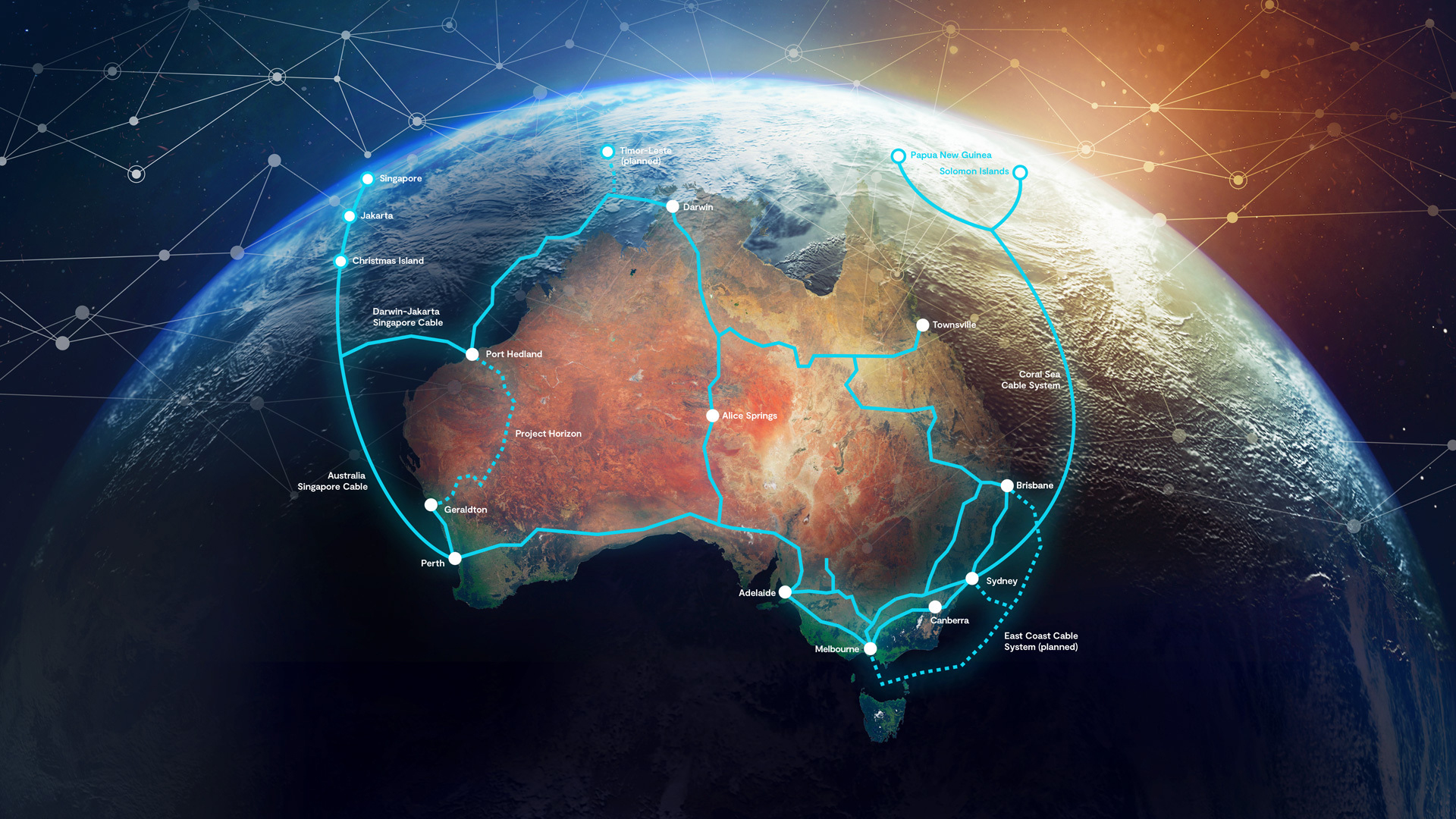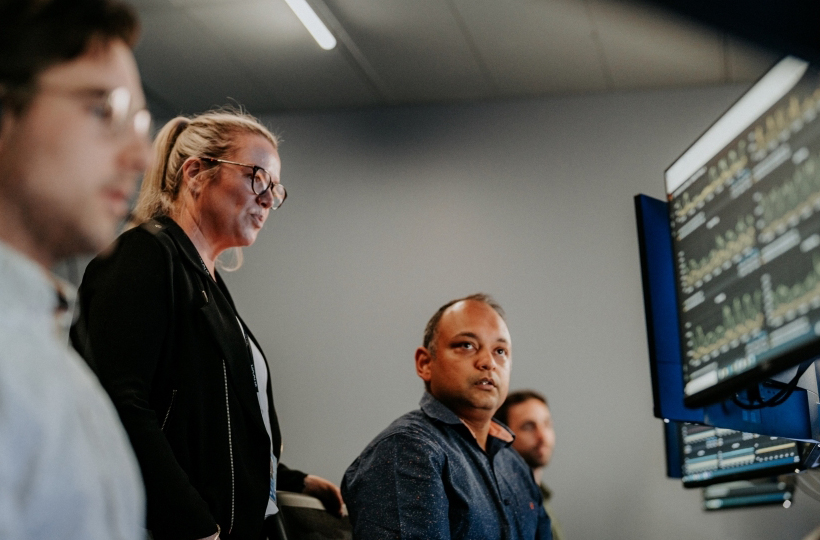In the realm of defence, the stakes are high and technology simply must not fail
It’s critical that networks are secure, high-performing and resilient; they must be built for the best but be able to cope with the worst.
The essential role of diversity
A defence network requires a robust foundation that withstands attack from any angle and has inbuilt redundancy for worst case scenarios. To achieve that, multi-layered diversity is key.
In the past, many organisations thought having a main network connection and a backup was enough for network safety. Now we know it's not. If both connections come from the same physical location, same provider, or use the same technology, and something goes wrong across any one of those factors, the entire network could go down.
Years of experience of working with the Australia Defence Forces, have taught us that true multi-layered diversity means having different geographical routes to protect against physical attack, using different technology types to protect against an attack that targets a specific technology, and even being supported by different telco carriers to guard against one of the companies going down.
This multi-layered diversity ensures that even if one aspect is compromised, others remain functional, maintaining uninterrupted operations.

Divide and protect: the strategy of separation
For defence traffic, the requirements are even more stringent. Such traffic needs to be carried on dedicated networks, completely separated from other commercial telecommunication traffic. This level of isolation is crucial to narrow the attack vectors for an attacker who might seek to monitor or disrupt.
Separation is also vital even within the organisation. The “enterprise” network – encompassing everyday communication tools like emails and calendars – must be separated from the “military” operations network. This segregation safeguards sensitive operational data from exposure to vulnerabilities that might exist in the more public-facing internet-connected enterprise network.
Designing the protected, diverse solution
When selecting telecommunication partners to build the solution, defence organisations should prioritise providers who can support these extensive network diversity requirements.
The ideal partner is one that offers a comprehensive suite of solutions – geographical route diversity, different technology platforms, network separation and a mature capability to work with other telcos to deliver carrier diversity.

Pioneering secure networks for Australian Defence and critical infrastructure
Since acquiring Nextgen Networks in 2016, Vocus has become a prime provider of secure and reliable fibre and network solutions, particularly for the Australian Commonwealth Government and the Department of Defence.
Our network spans over 25,000km of terrestrial and submarine fibre, enhanced by Vocus Satellite – Starlink LEO satellite connections, and we frequently build out new infrastructure on demand.
Our network has DISP certification, recognising that it handles sensitive communications securely. Vocus’ 100Gbps connectivity is ideal to provide transmission of intelligence and operational data across defence sites, with intercapital trunk routes the first in Australia to use 400Gbps technology.
Vocus is ideally positioned to support Defence as well as other Australian critical infrastructure, including energy, healthcare, and finance, backed by the assurance of an Australian-owned company dedicated to serving national interests.
Meet the author
Read more
Related Articles

Autonomous Penetration Testing: Transforming Cyber Validation beyond Traditional Security

We’re changing the way businesses connect in the Pilbara




